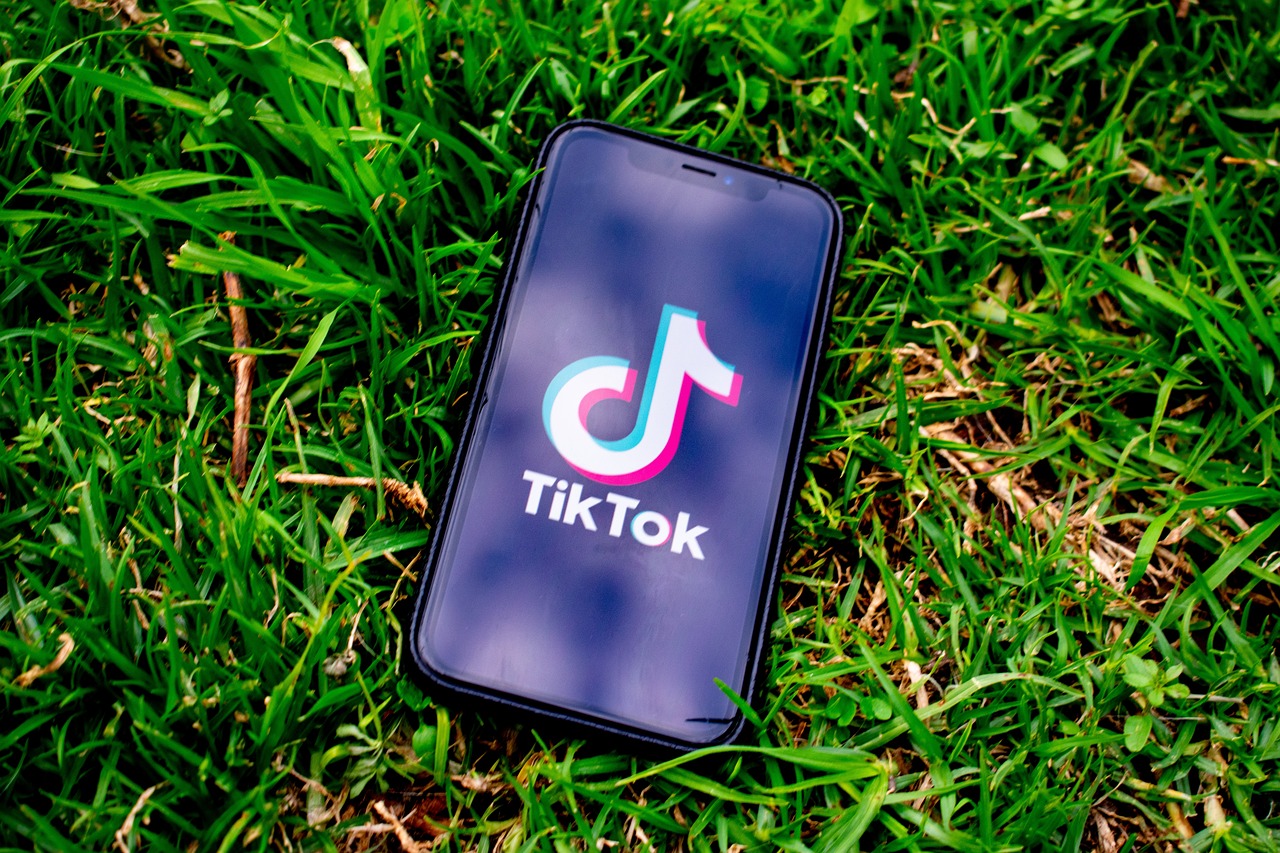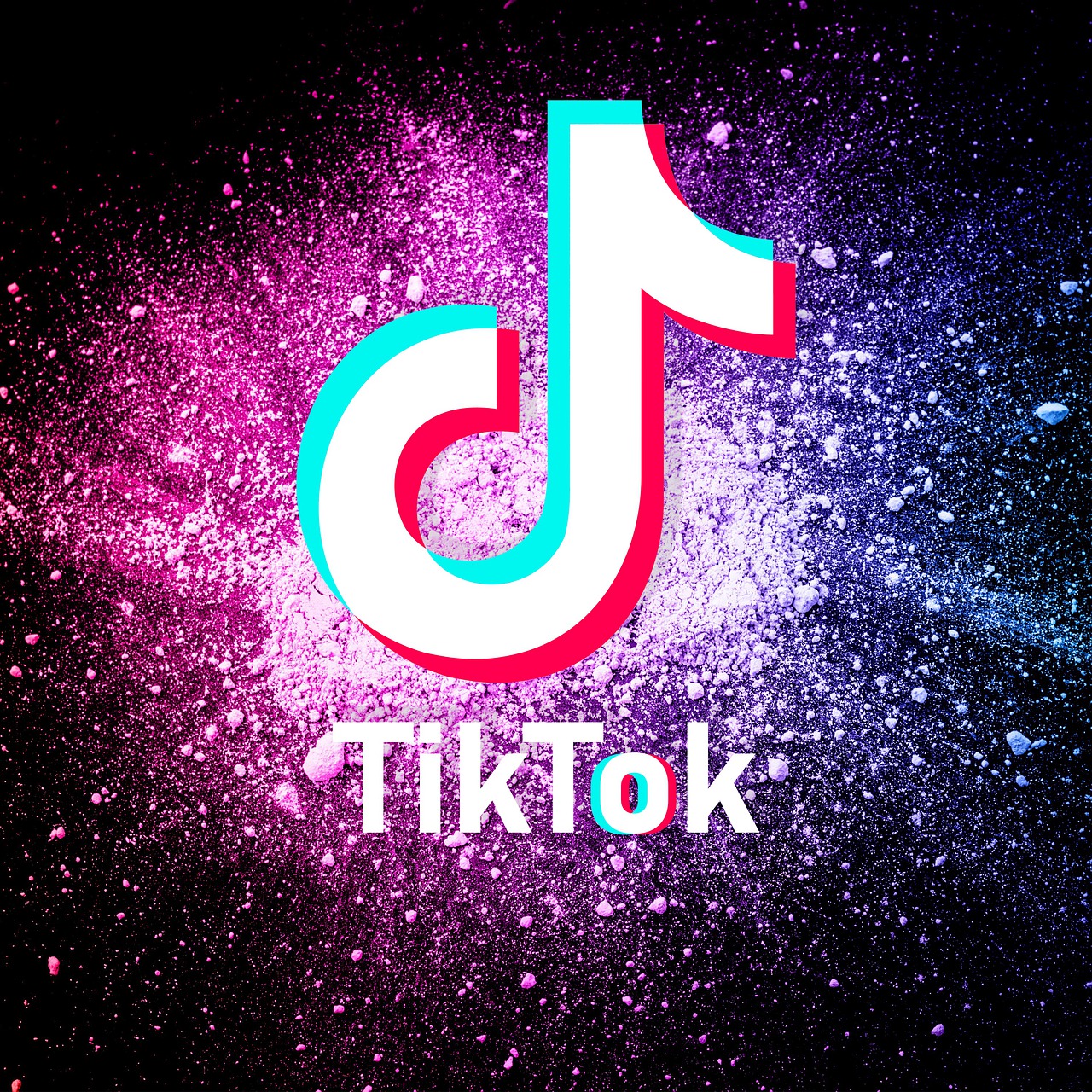What Does "DHZ" Mean On TikTok?

TikTok has emerged as a dominant platform for social media interaction, showcasing everything from dance challenges to educational content. As users navigate this dynamic environment, they encounter various acronyms and terms that shape the platform’s unique culture. One such acronym is "DHZ." This blog aims to explore what "DHZ" means on TikTok, its implications within the platform, and its broader cultural significance.
What Does "DHZ" Mean On TikTok?
The acronym "DHZ" stands for "Don't Hurt Yourself." It is commonly used within TikTok videos, captions, and comments, serving as a cautionary phrase. The phrase typically appears in contexts where users share risky or challenging activities, such as extreme sports, pranks, or stunts. By using "DHZ," content creators remind their audience to prioritize safety, indicating that while the content may be entertaining, it should not be attempted without proper precautions.
The Origin of "DHZ"
The origin of "DHZ" on TikTok can be traced back to the platform’s culture of humor and risk-taking. As creators pushed boundaries to capture viewer attention, the need for safety reminders became apparent. "DHZ" encapsulates a lighthearted yet important message that resonates with the platform's demographic, particularly younger audiences who might feel invulnerable when attempting viral trends.
The Role of "DHZ" in TikTok Culture
1. Safety Awareness
The most significant aspect of "DHZ" is its role in promoting safety awareness. TikTok is rife with content that showcases daring stunts and extreme challenges. By incorporating "DHZ" into their videos, creators encourage viewers to think critically about the risks involved. This element of community guidance is essential in a digital space where trends can quickly spiral out of control.
2. Community Building
Using acronyms like "DHZ" fosters a sense of belonging among users. When creators engage with their audience using shared language, it enhances the communal experience of TikTok. Viewers who see "DHZ" understand that they are part of a larger conversation about safety and risk management, contributing to a more informed community.
3. Humor and Irony
In many cases, the use of "DHZ" can also be tinged with humor or irony. Creators might post content that showcases reckless behavior while simultaneously using "DHZ" to convey a sense of self-awareness. This juxtaposition creates a layered narrative where viewers can appreciate the thrill of the content while also recognizing the underlying caution.
The Impact of "DHZ" on TikTok Trends
1. Encouraging Responsible Content Creation
As "DHZ" gains traction, it encourages content creators to adopt a more responsible approach. The TikTok community increasingly values safety and transparency, which can influence how creators present their content. By acknowledging potential dangers, they contribute to a culture that prioritizes well-being.
2. Shaping Audience Expectations
The presence of "DHZ" has implications for audience expectations as well. Viewers may come to expect safety disclaimers in videos featuring high-risk activities. This shift in expectation can lead to a more discerning audience that appreciates creators who take the time to emphasize safety.
3. Influencing Other Platforms
The adoption of "DHZ" on TikTok could potentially influence other social media platforms. As platforms compete for user engagement, the trend of incorporating safety reminders may spread, creating a more universally cautious social media culture.
Analyzing the Reactions to "DHZ"
1. Positive Reception
Many users appreciate the inclusion of "DHZ" in content, viewing it as a responsible and necessary reminder. This sentiment reflects a growing awareness of the importance of safety in social media, especially among younger audiences who may be more susceptible to peer pressure and the thrill of viral challenges.
2. Criticism and Negativity
Conversely, some users criticize the acronym as a form of performative safety. They argue that it does not absolve creators of responsibility for promoting risky behavior. This backlash highlights a tension within the TikTok community, as users grapple with the fine line between entertainment and safety.
3. The Role of Moderation
Moderators and TikTok itself play a critical role in shaping the discourse around "DHZ." The platform's algorithms favor content that engages viewers, which can sometimes prioritize sensationalism over safety. As "DHZ" becomes more prevalent, the responsibility lies with both creators and TikTok to foster a culture that values responsible content creation.
The Future of "DHZ" and TikTok Culture
1. Evolution of Language
As TikTok continues to evolve, so too will the language and acronyms that define it. "DHZ" is just one example of how language can adapt to the platform's needs. Future trends may lead to new phrases that further enhance the conversation around safety and risk management.
2. The Role of Education
With the rise of "DHZ," there is potential for educational initiatives on TikTok. Creators could leverage their influence to provide valuable information about safety practices, first aid, and risk assessment. This educational aspect could enhance the platform's reputation as not just a source of entertainment, but also a valuable resource for information.
3. Expanding Beyond TikTok
The influence of "DHZ" could extend beyond TikTok as content creators begin to engage in discussions about safety on other platforms. As social media becomes increasingly interconnected, the messages and trends from TikTok may spill over into Instagram, YouTube, and beyond.
Conclusion
In conclusion, "DHZ" serves as a multifaceted acronym within TikTok culture, embodying a blend of humor, caution, and community spirit. It reflects the platform's unique dynamic where entertainment and safety coexist. As TikTok continues to evolve, the significance of "DHZ" may also change, potentially shaping the discourse around responsible content creation and audience engagement.
Through understanding "DHZ," we gain insight into the complexities of TikTok culture and the ongoing conversation about safety in an era where digital interactions profoundly impact real-world behaviors. As users navigate this vibrant platform, embracing the spirit of "DHZ" can lead to a more informed, responsible, and engaged community.


Start Growing your Instagram followers
Faster with PopularUp
Over 500+ 5 Star Reviews. Grow Your Account Today With Our Organic Methods


